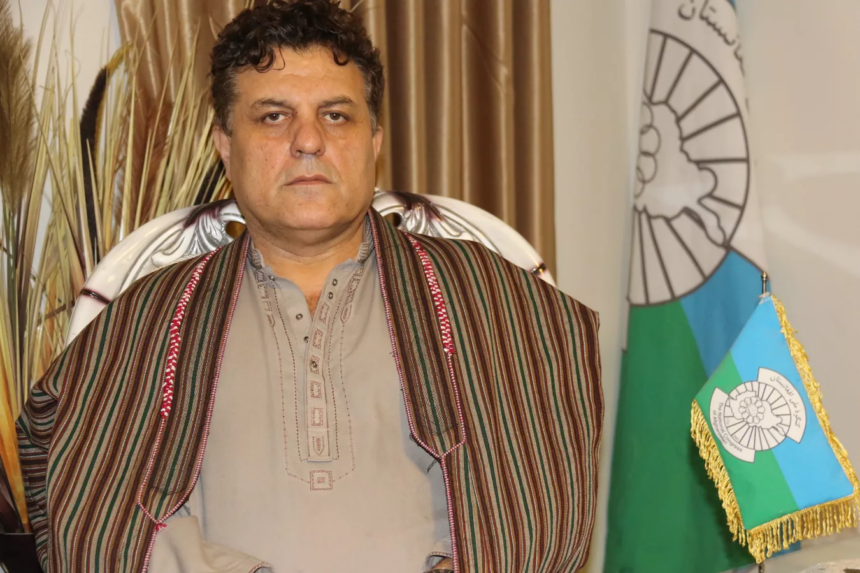RASC News Agency: Latif Pedram, leader of the Afghanistan National Congress Party and a prominent figure within the Federalist Assembly, has firmly rejected the notion that the federalist movement seeks to divide Afghanistan along ethnic lines. In a statement made during the official unveiling of the draft constitution for a proposed Federal Republic of Afghanistan, Pedram clarified that the movement’s aim is to build a democratic framework capable of resolving the country’s long-standing political crises not to exacerbate ethnic fragmentation. “We acknowledge the ethnic dimension as one of Afghanistan’s deep-rooted challenges,” Pedram said during the virtual conference, “but dividing the country into ethnically-defined provinces is neither practical nor compatible with our national vision. Our proposed federal system is not designed to disintegrate the nation it is designed to empower it.”
Pedram pointed to international examples where federalism has been instrumental in preserving national unity while providing regional autonomy and political accountability. “Federalism must not be misconstrued as a strategy for ethnic segregation,” he added. “It is, in fact, a mechanism to accommodate diversity, decentralize power, and prevent authoritarian monopolies such as the one currently imposed by the Taliban.” The draft constitution crafted by the Federalist Assembly deliberately refrains from prescribing a fixed number of states, national symbols, or even a definitive name for the future Afghanistani republic. Pedram emphasized that such foundational decisions must emerge from broad-based national consensus. “It is not the role of any single political group to dictate the identity of the nation. These decisions belong to the Afghanistani people in their entirety,” he asserted.
“In our draft, you will find no recommendations regarding the national flag, anthem, or territorial divisions,” Pedram stated. “These symbols must be determined by inclusive democratic processes not by coercion, and certainly not by an unelected regime clinging to power through violence.” The proposal comes at a time when Afghanistan remains under the tight grip of the Taliban regime, which has systematically dismantled democratic institutions, silenced political dissent, and reduced ethnic and gender inclusivity to empty rhetoric. In contrast, the Federalist Assembly’s proposal aspires to a model of governance that respects the country’s complex social fabric and promotes genuine participation.
Pedram underscored that the federalization process must rest on democratic principles and unwavering respect for human rights. “We reject any model of governance based on forced centralization, where a single ideological group attempts to rule over a nation of many voices. That path has brought us only oppression, instability, and international isolation,” he said. By promoting a decentralized system rooted in democratic accountability and ethnic equality, the Federalist Assembly seeks to pave the way for a new Afghanistan one where power is not concentrated in the hands of an extremist regime, but distributed among its citizens through law, representation, and regional empowerment.






